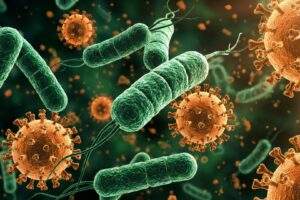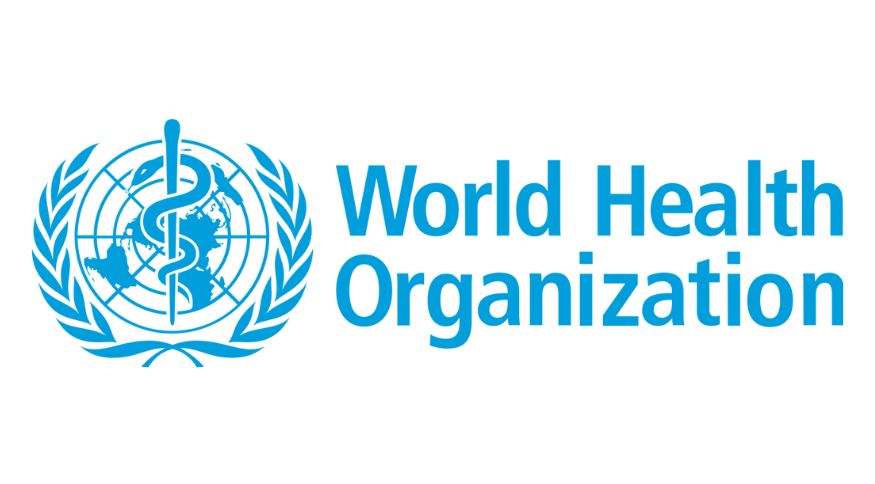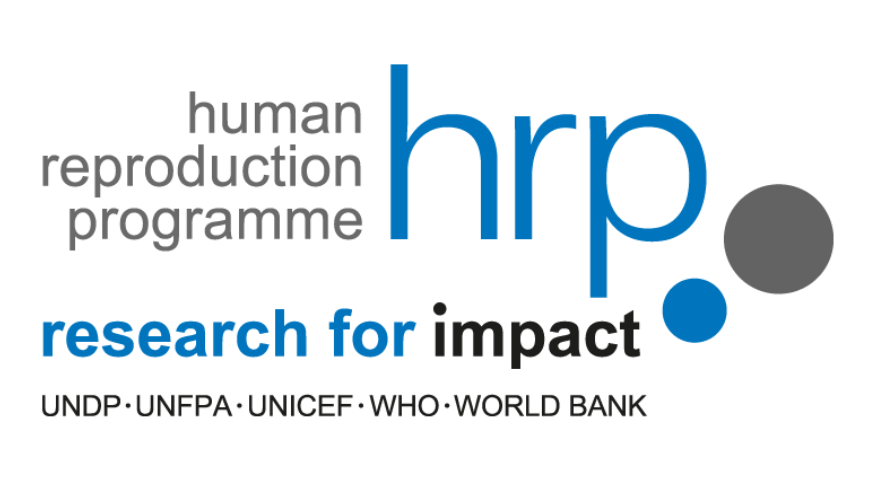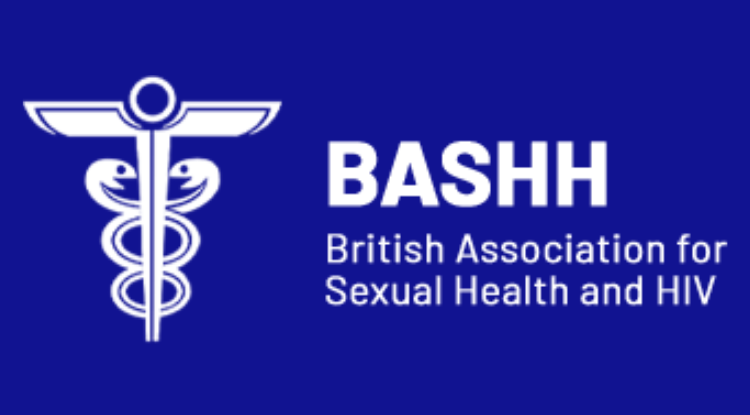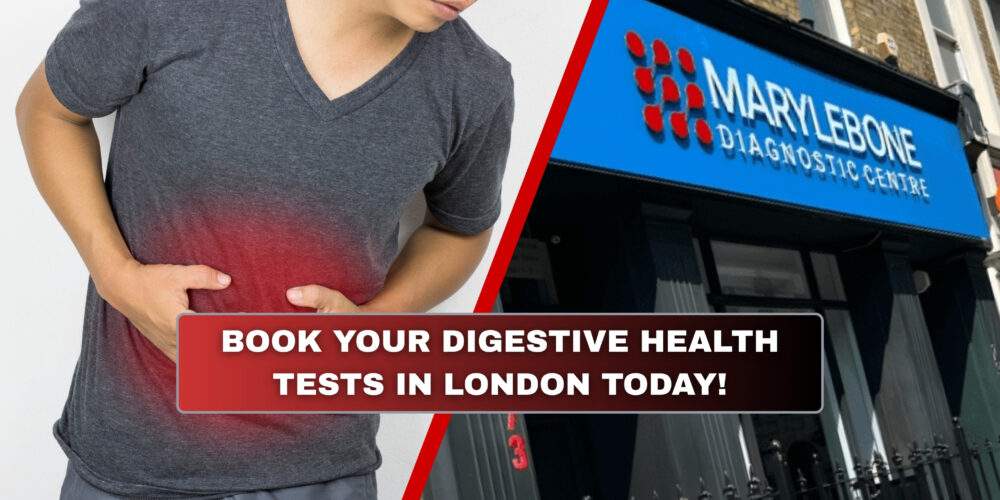
Stomach Pain After Eating – What Blood Tests Can Reveal (London Guide)
Reviewed by Dr Lauren Holland • Marylebone Diagnostic Centre
Results within 24 – 42 hours. Westminster residents receive 20% off.
Stomach pain after eating is one of the most common digestive symptoms seen in London. Many people describe bloating, cramping, discomfort under the ribs, sharp pain, nausea, or a heavy pressure after meals. While these symptoms are often linked to food sensitivity, indigestion or stress, they may also signal inflammation, infection, blood sugar imbalance, gallbladder irritation, pancreatic strain or poor nutrient absorption.
Clinically, we see many London patients who experience stomach pain during busy workdays, after eating out, or when trying new foods. Blood tests are a fast way to identify the cause and rule out serious conditions. This guide explains the common reasons stomach pain happens after eating and what the correct tests at Marylebone Diagnostic Centre can reveal.
Why Does My Stomach Hurt After Eating?
Stomach pain can appear for several reasons. Common causes include:
- Acid imbalance
- Gallbladder issues
- Pancreatic irritation
- Food intolerance
- Infection
- Bloating due to gas
- Constipation
- High-fat or spicy meals
- Stress
- Irregular eating patterns
These causes often overlap in busy city lifestyles.
Common Symptoms People Experience After Eating
People often report:
- Upper abdominal pain
- Bloating
- Cramping
- Heartburn
- Nausea
- Diarrhoea
- Feeling overly full
- Dizziness after meals
- Sudden fatigue
Each symptom points to a different underlying cause.
When Is Stomach Pain After Eating Serious?
Seek urgent assessment if you have:
- Pain lasting longer than a few hours
- Vomiting
- Fever
- Yellow skin or eyes
- Blood in stool
- Severe dehydration
- Sudden intense pain
- Pain after alcohol
- Pain with chest tightness
These symptoms may indicate gallbladder inflammation, pancreatitis or infection.
Risk Factors for Stomach Pain After Eating
You are more likely to develop meal-related pain if you:
- Eat fast or irregularly
- Consume high-fat meals
- Drink alcohol regularly
- Have diabetes
- Have thyroid imbalance
- Have low vitamin levels
- Experience chronic stress
- Recently travelled
- Have a family history of gut issues
London lifestyle patterns, restaurants, shifts and long commutes often worsen symptoms.
What Blood Tests Can Reveal About Stomach Pain
At Marylebone Diagnostic Centre, several tests help identify the cause.
Liver Function Test
Checks for inflammation, alcohol-related irritation, bile flow issues and gallbladder-related pain.
Symptoms that match:
- Pain under right ribs
- Nausea after fatty meals
- Yellowing of skin or eyes
- Pain after alcohol
Pancreatic Enzymes (Amylase & Lipase)
These rise when the pancreas is irritated.
Consider this if:
- Pain is severe or sudden
- You feel pain radiating to the back
- You have nausea after heavy meals
- Pain worsens after alcohol
Full Blood Count (FBC)
Rules out infection, inflammation and lack of oxygen delivery.
HbA1c (Blood Sugar Stability)
High or fluctuating blood sugar can cause:
- Fatigue
- Nausea
- Bloating
- Dizziness after meals
Very common in London patients with rushed eating habits.
Vitamin & Mineral Profile
Low vitamin D, B12 or magnesium contributes to:
- Slow digestion
- Poor stomach function
- Cramping
- Bloating
Thyroid Panel
Thyroid problems slow digestion and cause:
- Bloating
- Constipation
- Fullness after small meals
- Fatigue
H. pylori Testing
If offered.
H. pylori is a common stomach bacterium that causes:
- Burning
- Pain after meals
- Loss of appetite
- Bloating
- Acid imbalance
If you want, we can add this to MDC’s offering.
Which MDC Profiles Help with Stomach Pain?
These are the most relevant to convert the reader:
Wellness Profile
Covers liver, kidney, vitamins, minerals, blood sugar and full blood count.
Ideal if symptoms are unclear.
Liver Function Profile
Recommended for pain after fatty meals or alcohol.
Thyroid Profile
Useful when digestion is slow or bloating is persistent.
Vitamin & Mineral Profile
Helps uncover deficiencies that affect digestion.
HbA1c Test
Checks for sugar swings causing nausea and heaviness.
Stomach & Digestion Profile
If you want, we can build a brand-new profile combining:
- Liver
- Pancreas
- H. pylori
- Vitamins
- Inflammation marker
This would convert extremely well.
Table: Symptoms and Matching Tests
| Symptom | Possible Cause | Recommended Test |
| Pain under ribs | Gallbladder irritation | Liver Function |
| Burning after meals | H. pylori or acid imbalance | H. pylori, FBC |
| Bloating | Thyroid imbalance | Thyroid Profile |
| Nausea after food | Pancreas or sugar swings | Amylase, Lipase, HbA1c |
| Fatigue after meals | Blood sugar spike | HbA1c |
| Pain after alcohol | Liver irritation | Liver Function |
Clinical Insight
“Stomach pain after eating is often dismissed as indigestion, but blood tests can uncover important causes such as pancreatic irritation, liver inflammation or vitamin deficiencies. Many London patients benefit from a targeted stomach health panel.”
– Dr Lauren Holland
FAQs (People Also Ask)
Book Your Digestive Health Tests at Marylebone Diagnostic Centre
Marylebone Diagnostic Centre
73 Baker Street, London W1U 6RD
Tel: +44 7495 970109
Open Monday–Saturday, 08:00–16:00
Fast, private and confidential blood testing with results in 24–42 hours.
Westminster residents receive 20% off.
Quick Links
- Cardiac Profile
- HbA1c Test
- Full Lipid Panel
- Fatigue and Energy Profile
- Kidney Function Test
- Electrolytes Test
- Liver Function Test
- Thyroid Function Test
- Magnesium Test
- Full Blood Count
- Urinalysis
- Book an Appointment
- ECG Testing
- Wellness Profile
- Pancreatic Profile


